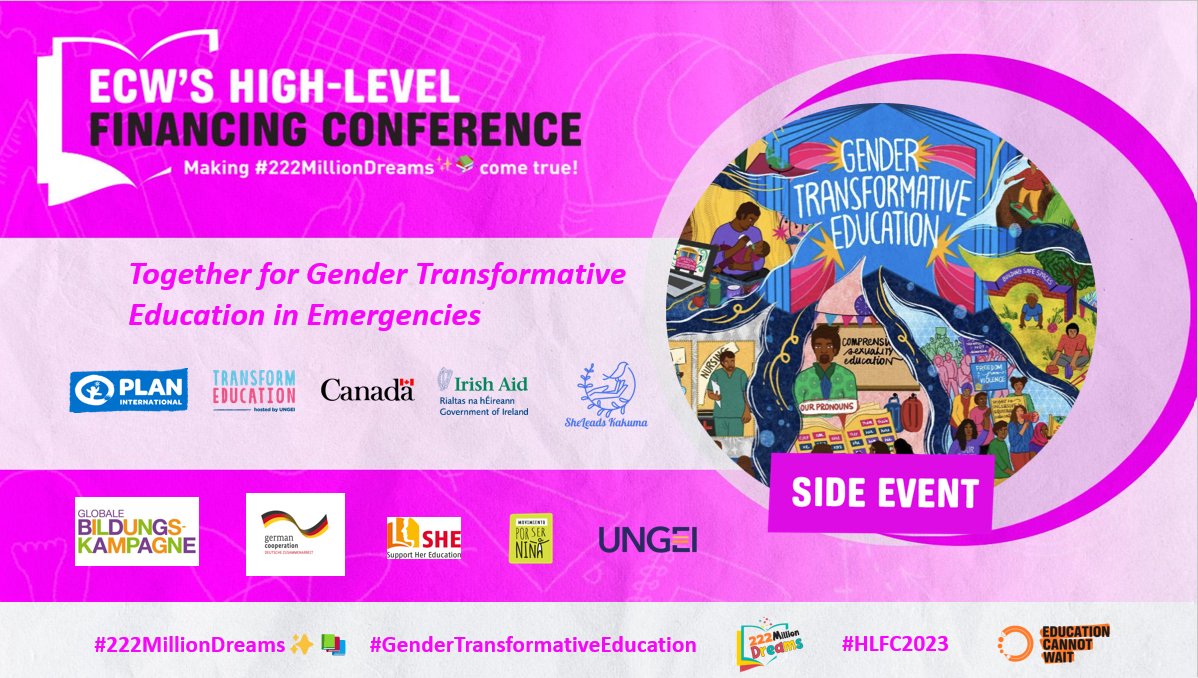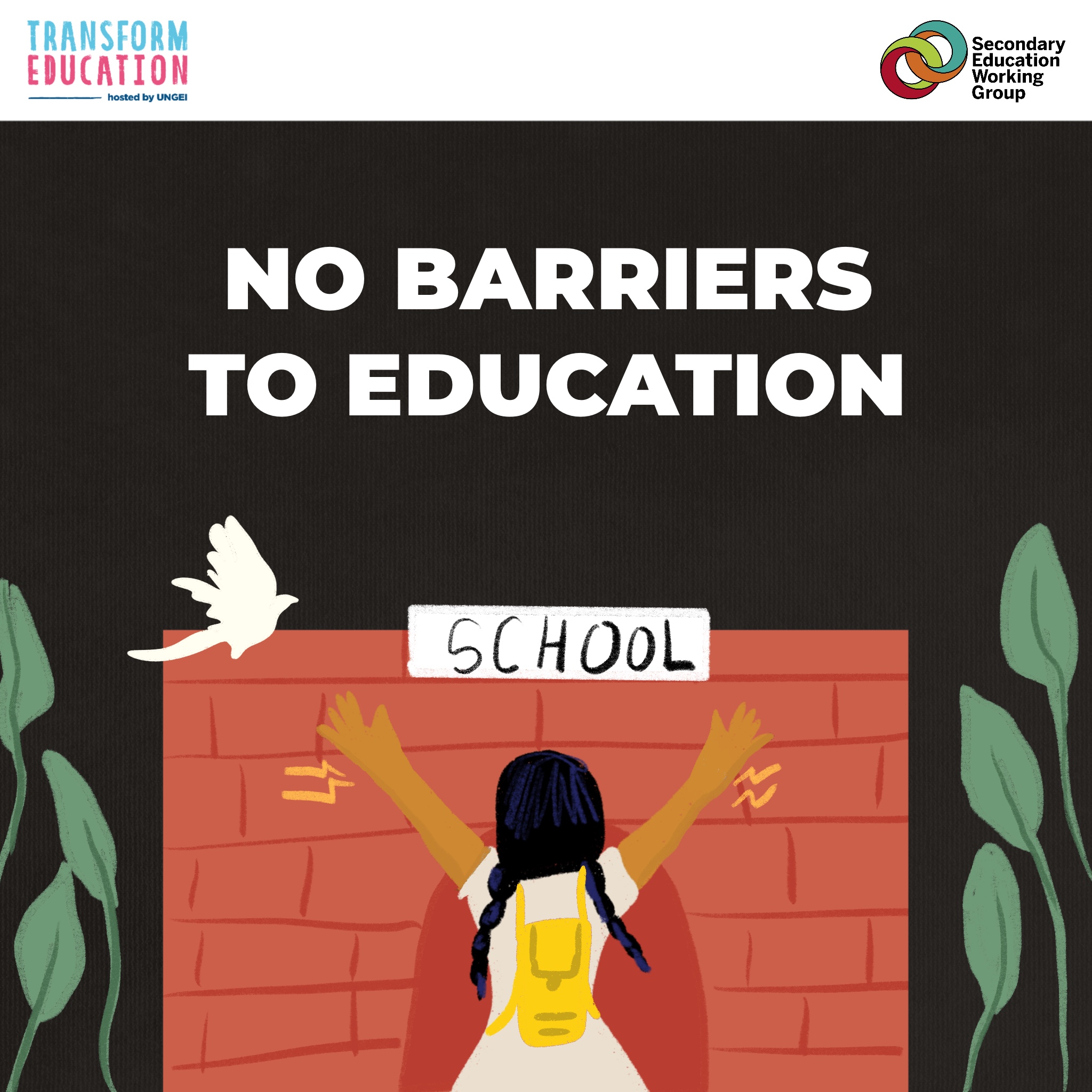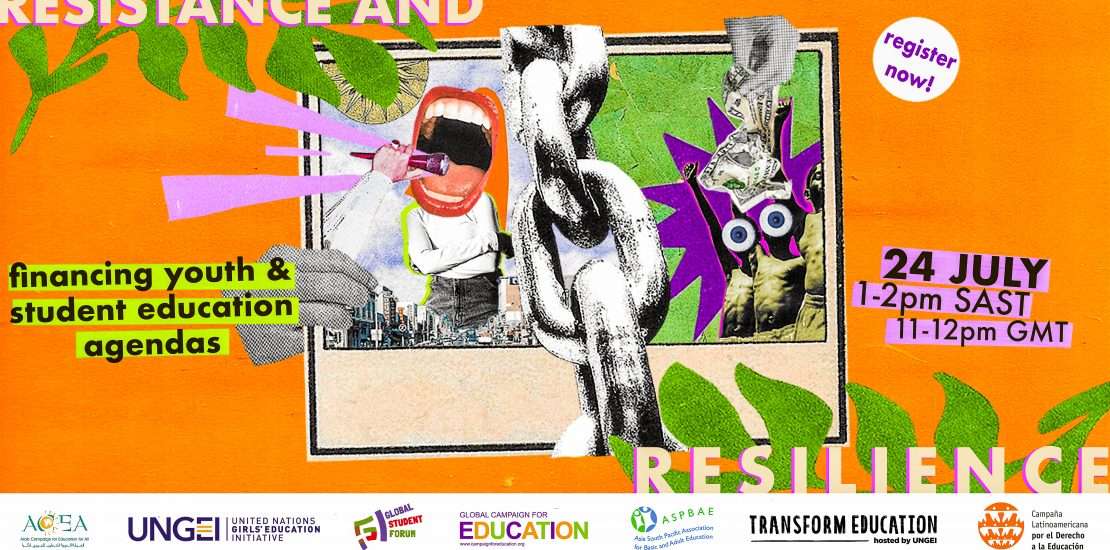Our names are Anna and Rabiya. We are both Tanzanians living in the same region, but different districts. We met each other through BRAVE, an organisation which aims to inspire and empower girl leaders across Africa. As ambassadors for Tanzanian girls, we would like to share several different challenges that young women and girls in our communities face.
Poverty is a big issue. Most of our community members are extremely poor, and parents are unable to provide good care for their children. This has a number of negative consequences for girls, who are also subjected to harmful gender norms — set ideas about the roles boys and girls should play in society.
Early pregnancy is one of the biggest problems for girls in the communities that we are from. Many girls in our communities live far away from schools, hence they face obstacles in getting to and from school. When girls and their families do not have the resources to pay for transport, sometimes they resort to getting into relationships in order to get financial support from the man, who can offer them transport to and from school. However, it is rare that these men demand nothing in return, and too often this arrangement leads to teenage pregnancy, and the girls dropping out of school.
Another issue is early marriage. This is caused by poverty and parents’ ignorance towards the long-term impacts of early marriage. When girls are married, the family receives a payment that comes from bride price in the form of cows, money, goats and other goods. When parents are in financial desperation, they sometimes force their daughters to drop out of school so that they can be married, and the family can receive the bride price to feed other siblings, and stay afloat.
A third problem that girls face is traditional customs and cultural beliefs. These include female genital mutilation (FGM) and Unyago, a coming of age ceremony. This ceremony usually lasts several days, during which girls are separated from the rest of their community members, and taught how to become mothers and take care of a home and family. When they return home, the girls are considered ready for marriage.
Even when girls are able to attend school, we face certain barriers. Most government schools are not in good condition and are not safe enough or do not have enough water and good toilets. When girls also lack proper sanitary pads due to poverty, many miss several days of school when they get their period each month.
We now have the confidence to truly know that we will be able to bring change in our communities by providing and sharing the knowledge that we learned to help overcome the challenges that so many girls are facing. Through faith all these things are going to be possible, through hope things are going to work, and through the love which has united us all, things are going to be beautiful.


